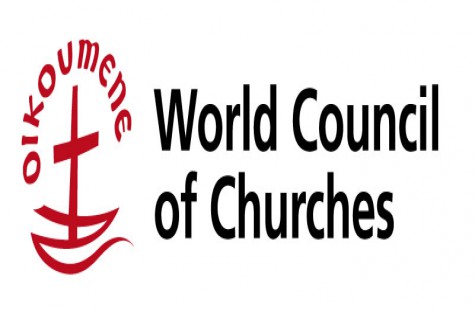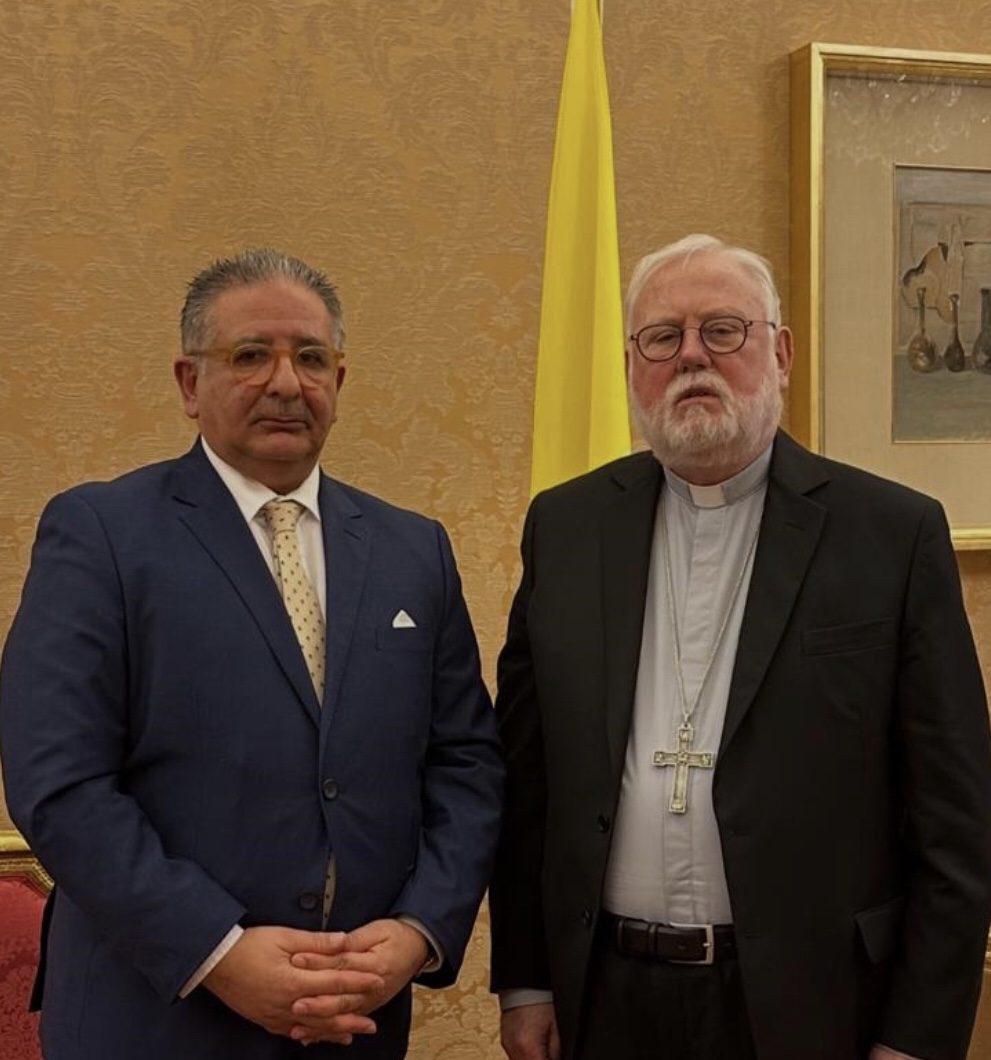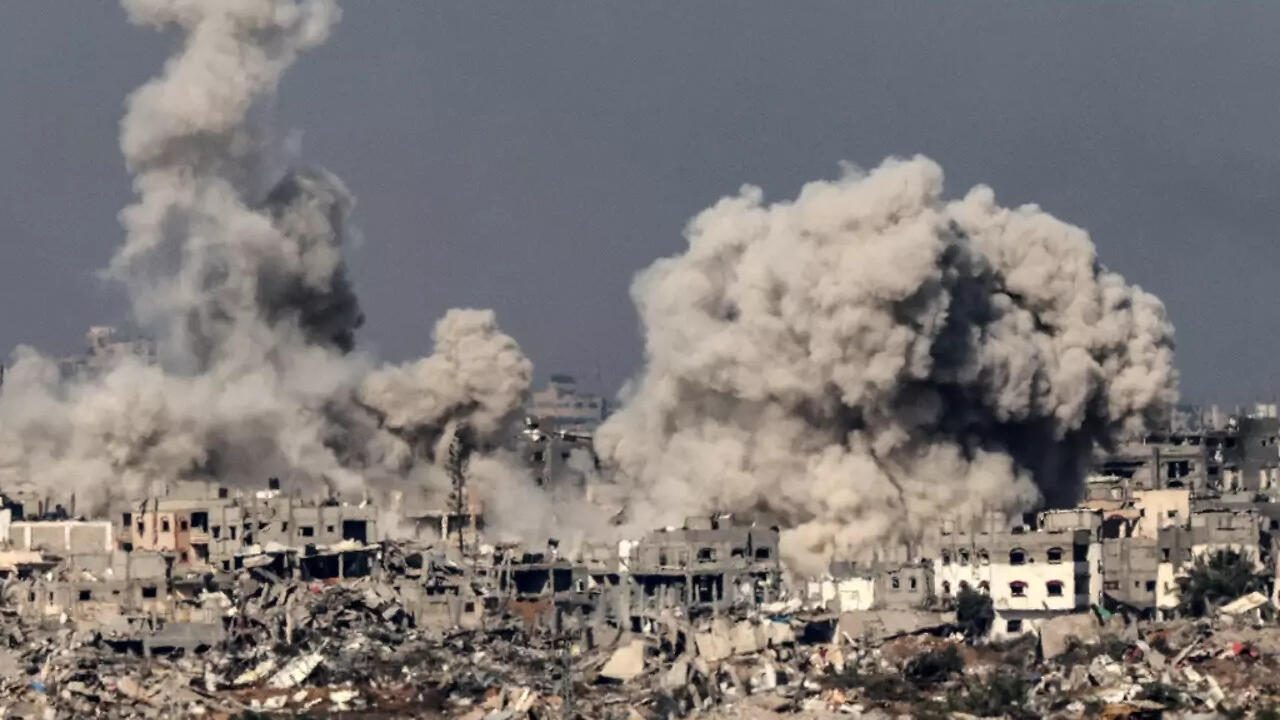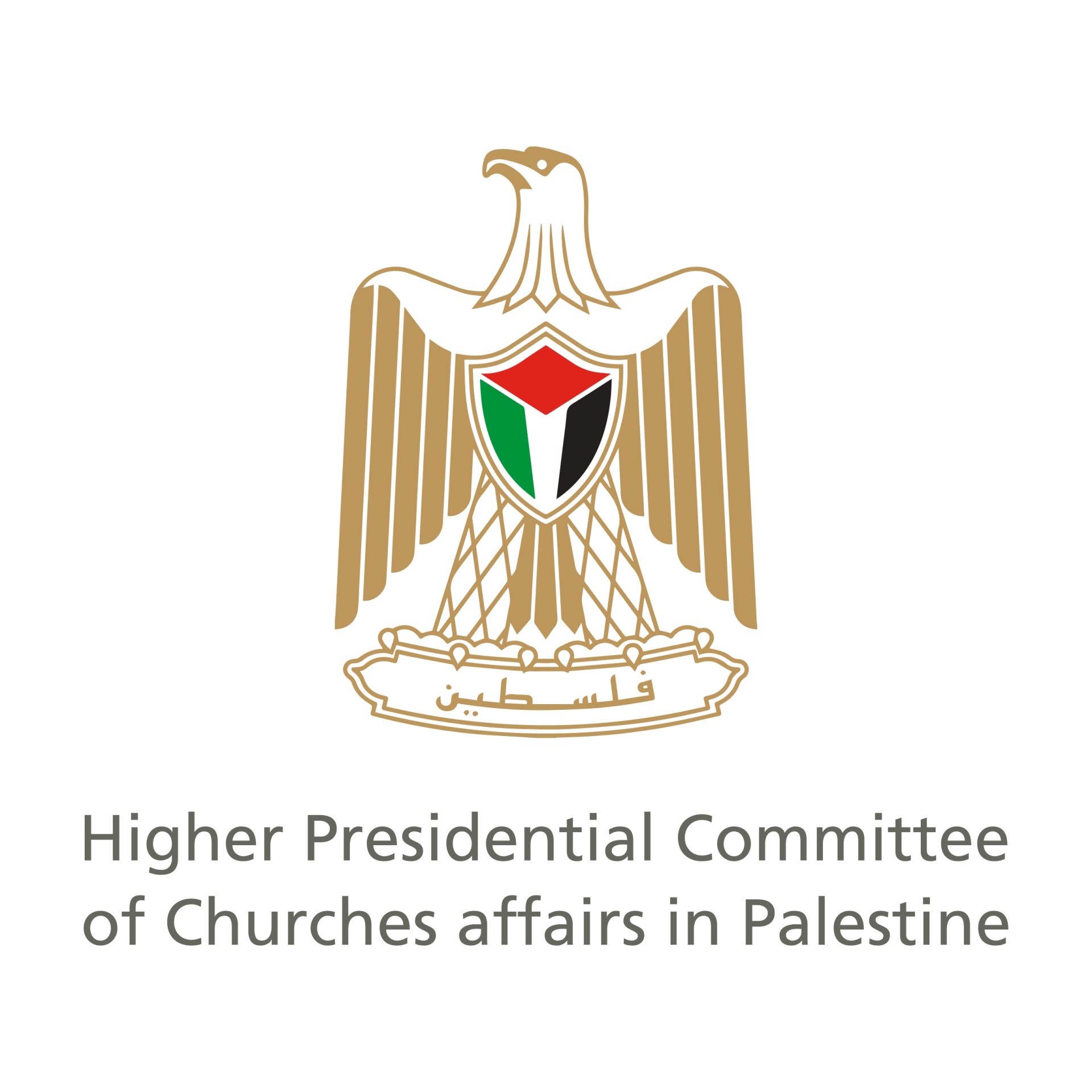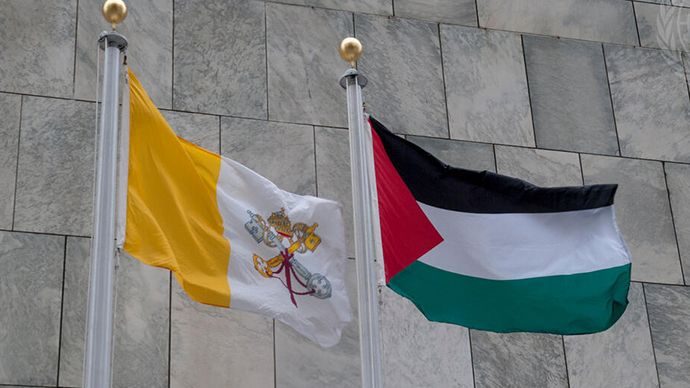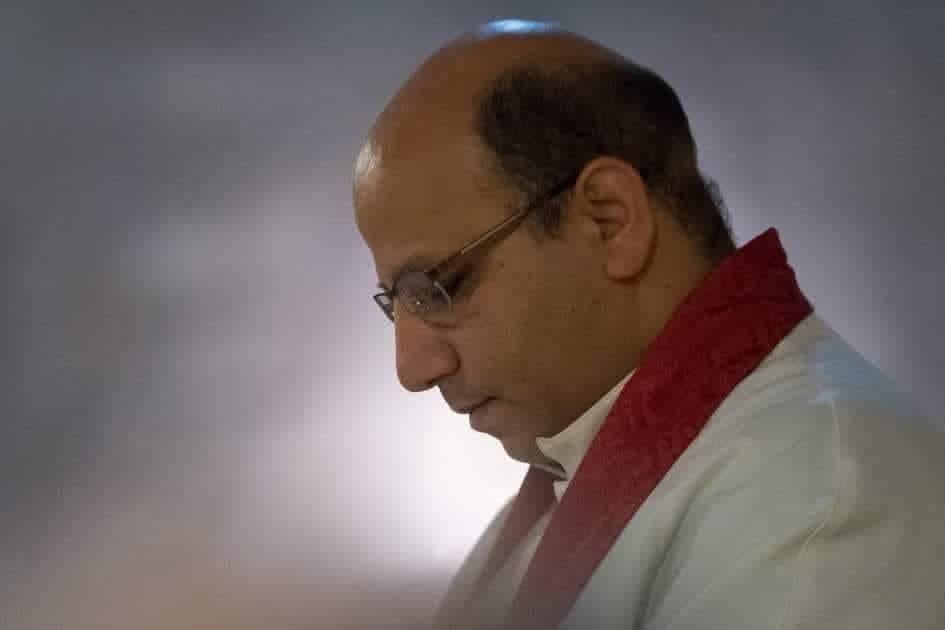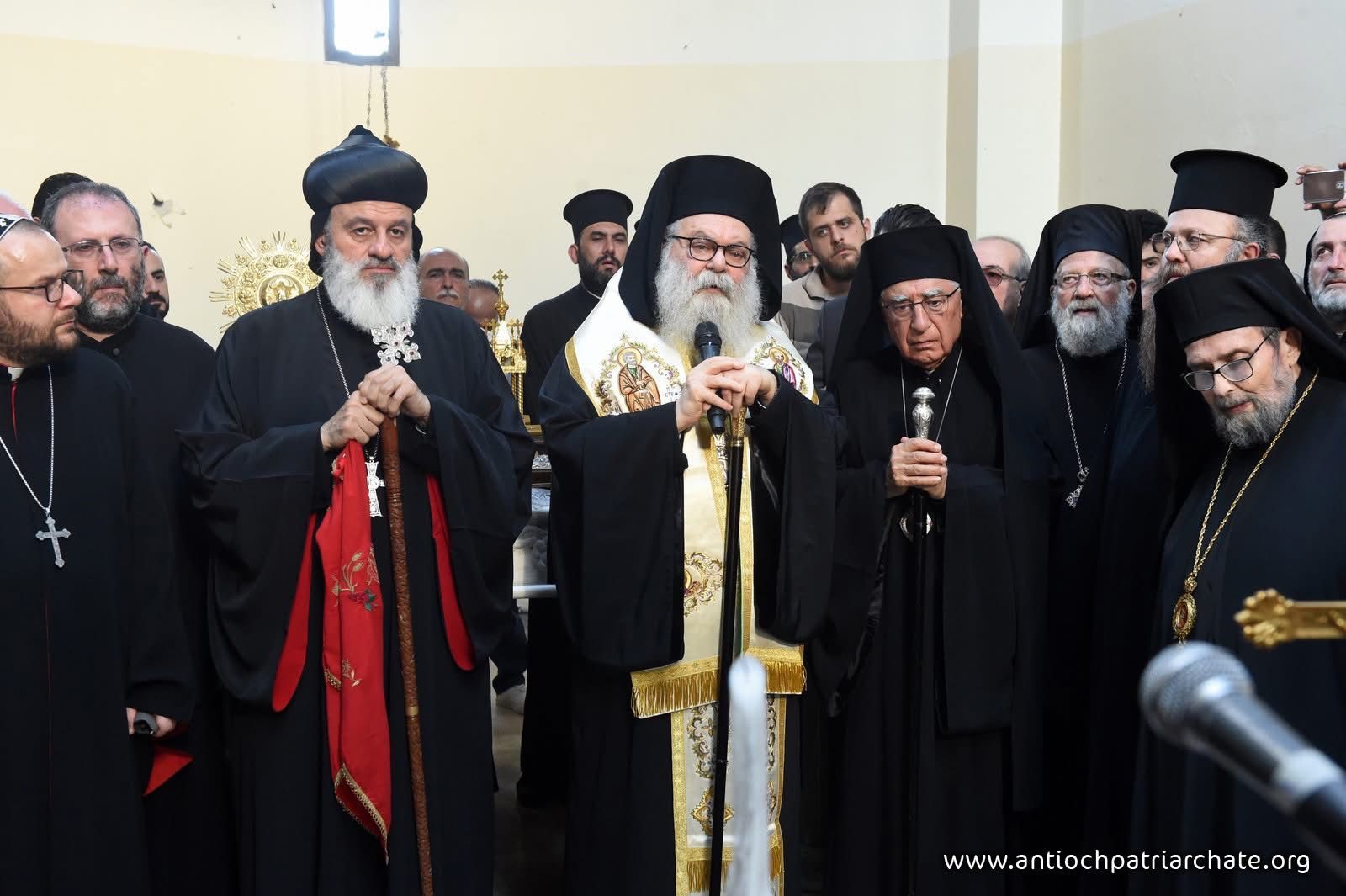The World Council of Churches (WCC) executive committee, meeting in Abuja, Nigeria, on 8-14 November, released a statement that demands an immediate ceasefire, and the opening of humanitarian corridors in Palestine and Israel.
We yearn for peace and for justice, for an end to the seemingly endless cycle of violence and suffering, and for its fundamental root causes to be addressed,” reads the statement. “We lament the abject failure of the international community and of political leaders in the region who did not persist in the search for a sustainable peace founded on justice and mutual respect for the equal human dignity and rights of all, and who kept the cycle of violence turning.”
The WCC governing body also lifted before God the suffering and traumatized people in the land of Jesus Christ’s birth. “We highlight the lifelong and potentially intergenerational consequences of the terrible trauma that children in both Palestine and Israel are experiencing,” the text reads. “We pray for peace in the land, a sustainable and just peace founded at last on recognition and respect for the God-given human dignity and equal human rights of all people – Israelis and Palestinians, Jews, Muslims, and Christians alike – rather than a false ‘peace’ imposed by occupation and force of arms which cannot and should not be sustained.”
The executive committee appealed for respect by all parties for the God-given life and dignity of every human being, as well as respect for the principles of international humanitarian law, especially for the protection of civilians and civilian infrastructure – including hospitals (such as the al-Ahli, al-Shifa, and al-Quds hospitals), places of worship and holy sites (such as the St Porphyrios Greek Orthodox Church), and UN premises – and called for full and impartial legal accountability for all violations of these principles by whomsoever committed.
The statement demands “the immediate unconditional release and safe return of all hostages” as well as “an immediate ceasefire and the opening of humanitarian corridors.”

